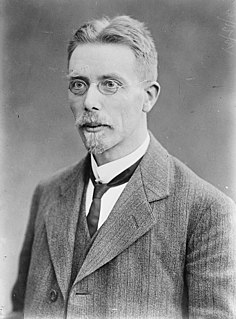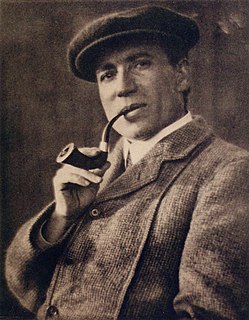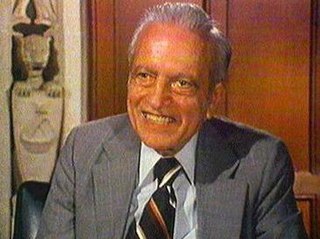A Quote by Archibald MacLeish
Related Quotes
Yes, I will spend the livelong day
With Nature in this month of May;
And sit beneath the trees, and share
My bread with birds whose homes are there;
While cows lie down to eat, and sheep
Stand to their necks in grass so deep;
While birds do sing with all their might,
As though they felt the earth in flight.
I wrote a number of poems about Kah Tai lagoon, when Safeway was building that huge, ugly store down there where I used to love to watch the birds nest. That political poem, or environmental poem, was unsuccessful because Safeway built there anyway. And yet the poem has something to say today, as it did then. And I speak here only of my own poems. The agenda for every poet has to be different because most of us write from direct human experience in the world.
The subject of the poem usually dictates the rhythm or the rhyme and its form. Sometimes, when you finish the poem and you think the poem is finished, the poem says, "You're not finished with me yet," and you have to go back and revise, and you may have another poem altogether. It has its own life to live.




































